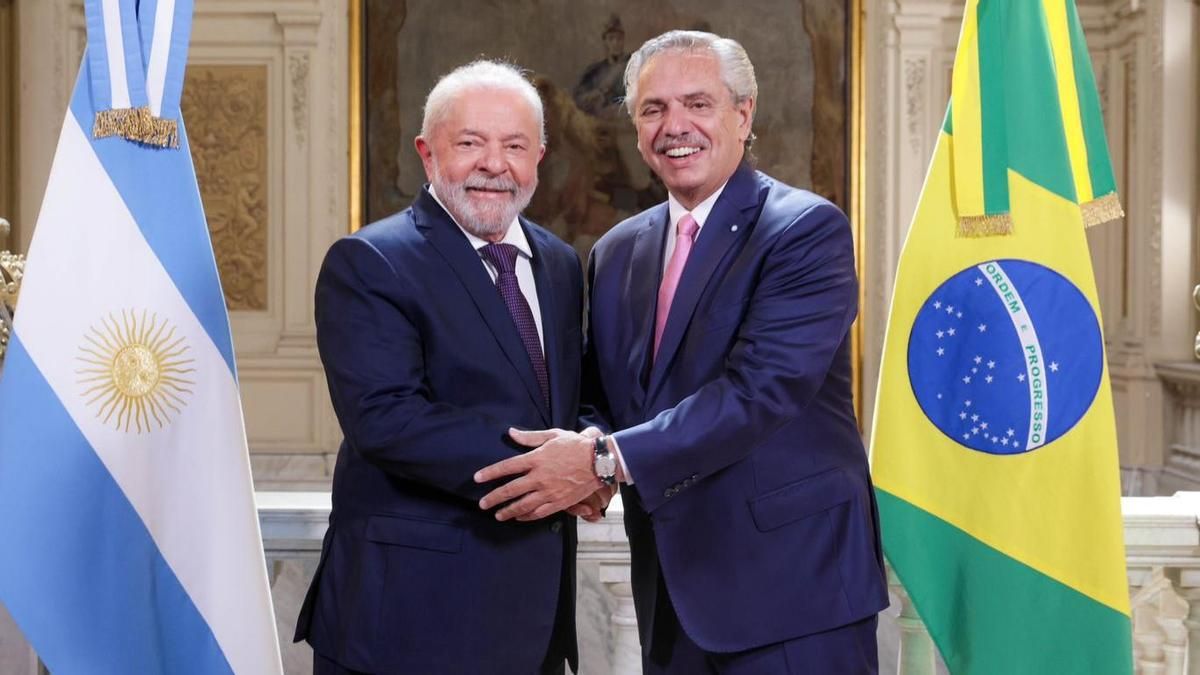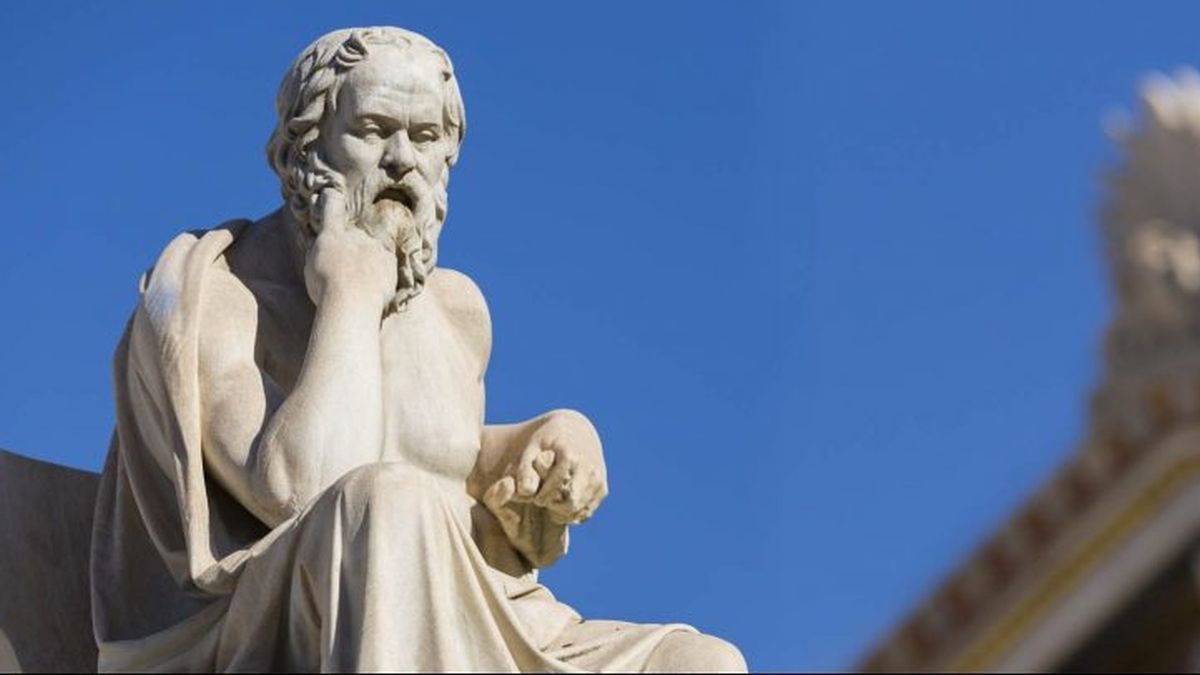Between yesterday and today Argentina and Brazil formally announced their return to the United Nations Union (Unasur)the regional bloc he left Uruguay a little over three years ago. With the new reinstatements, the organization regains some of the value it lost in the diaspora of members in 2018.
First announced by Argentina, the government of that country, headed by Alberto Fernandezannounced this Thursday that he will return “by sovereign decision” to the block from which he had left four years ago, a decision that the former president had made Mauricio Macri.
Hours later, Brazil joined the initiative, which will officially return to Unasur on May 6, also after four years of leaving. “At a time when its main international alliances are resumed, Brazil will once again form part of Unasur,” confirmed the president Lula da Silvain a decree signed this Thursday night.
What is UNASUR?
Unasur was born in 2008. promoted by the then presidents Nestor Kirchner (Argentina), Lula Da Silva (Brazil), Evo Morales (Bolivia) and the deceased Hugo Chavez (Venezuela).
The growth of the regional organization was notorious in the following years, reaching the 12 South American nations in 2010 –Argentina, Bolivia, Brazil, Chile, Colombia, Ecuador, Guyana, Paraguay, Peru, Suriname, Uruguay and Venezuela–, with the purpose of promoting the commercial, social, political and cultural integration of the countries of the subcontinent.
Over the years, the political signs of the governments of many of these nations have been changing. In 2017, when the 12 member countries could not agree on a new secretary general –a situation that was aggravated by the conflicting positions on the Venezuelan crisis– Unasur entered into crisis.
A year later, in 2018, Argentina, Brazil, Chile, Colombia, Paraguay and Peru, with center-right governments, headed by the then Brazilian president Jair Bolsonaro, they suspended their participation and financing. Many of them turned to Lima Group.
Could Uruguay return to Unasur?
After the deep crisis of the bloc, Uruguay left Unasur only in March 2020a few days after the assumption of Luis Lacalle Pou as president.
The Uruguayan foreign minister at that time, Ernesto Talviaffirmed that the departure occurred for three reasons: because the organization became a “ideological political alliance contrary to the objectives of linking the country”, had been in open dissolution and still maintained a legal existence, which could imply patrimonial responsibilities that “the government is not willing to assume”.
Indeed, the determination made at the dawn of the government period that Lacalle Pou inaugurated reflected the axes of the new management: “the commitment to multilateralismwith the strengthening of the Organization of American States (OAS) and with the principle of being part of alliances based on strong institutions and not on ideological affinities”.
Until yesterday, in Unasur there were only Venezuela, Bolivia, Guyana and Surinamein addition to Peru, which is suspended. Now, with the reincorporation of Brazil and Argentinathe bloc regains value with the arrival of new left and center-left governments in the region –as in Brazil, Chile, Peru and Colombia– and after the collapse of the Lima Group.
Although Uruguay could return to the organization if it wanted to, the new paradigm finds the country under a government that is not exactly on that spectrum, and with strong aspirations to “make more flexible” and “modernize” other regional blocs such as Mercosur with the intention to open its borders to the world.
“Unasur played an important role and it is worth the effort to relaunch it with new bases. And these bases include the result of the dialogue with the member countries, so that everyone considers the appropriate format. We are going to work in that direction,” he assured. in dialogue with the EFE news agency, the Brazilian foreign minister Mauro Vieiraafter the announcements of the neighboring country.
Source: Ambito




